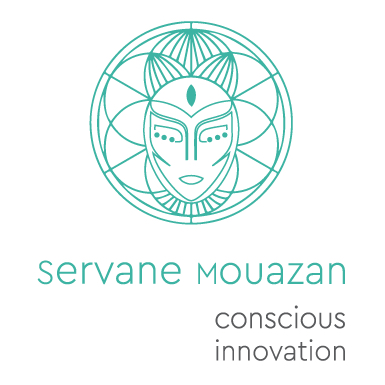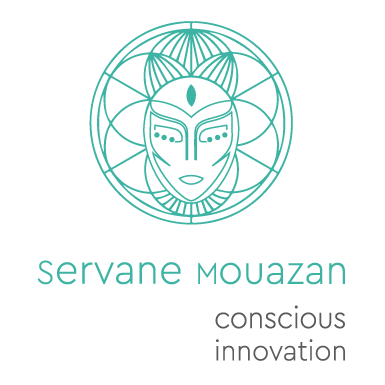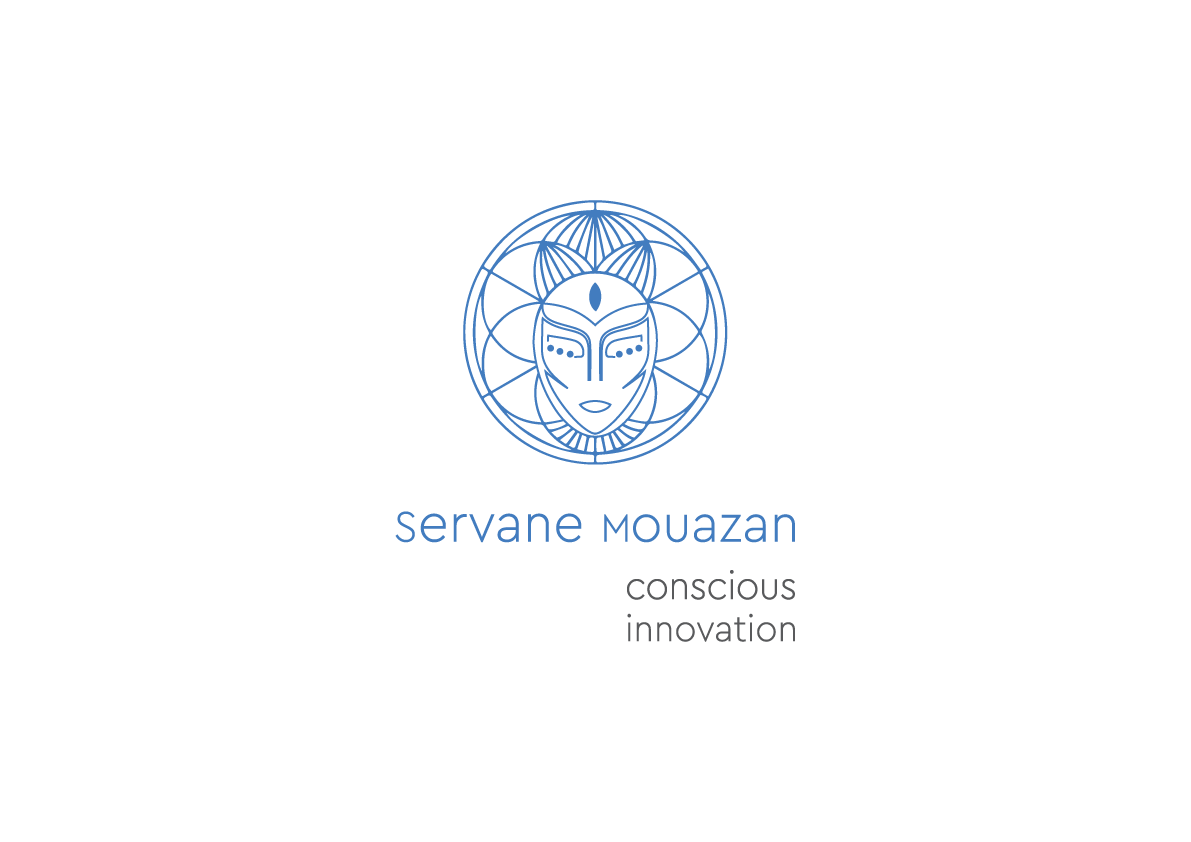Have you felt your organisation needed to adjust its level of empathy lately?
What would happen if team members gave one another the opportunity to be seen and heard?
In this new House of Trust episode, Soraya Shaw MSc, Applied Organisational Neuroscientist, and I discuss empathy scarcity in individuals and organisations and 9 things we can do about it!
Here’s a summary of the podcast…
We read a lot about empathy scarcity at a leadership level and the impact it has on staff, on senior leadership teams, and how this empathy, or lack of empathy, has an impact as well on what we’re meant to deliver in our work, our community, and families etc.
This is where applied neuroscience comes in.
Building on management theory, psychology, behavioural science, applied neuroscience looks at what is actually going on in our heads, how we operate as human beings, what we actually need, and how we can use this understanding to collaborate and take care of each other.
Soraya believes that moving out of this COVID period gives us the opportunity to ask:
“What does the new world of work look like? Is it hybrid? Is it flexible?”
“What do we really need as human beings?”
We check in the definitions of sympathy, empathy and compassion.
Soraya believes that compassion builds upon the connection that two people have with each other (empathy) but requires us to step up and create an action.
Check these 9 ways – or actions – to help you fight empathy scarcity:
1- Commit and do something for someone that needs that extra care.
On reflection, we all need this.
2- Look at shared responsibility, independently of your job title
“It’s not just expecting that a certain level within an organisation needs to be totally responsible for it. I think this whole way of looking at self-managing, flatter structures, the whole new way that we need to start considering about the world of work, that’s when empathy, actually comes in and takes on a different role.”
3- Understand what makes you feel safe, and what might make someone else feel safe too
“It’s about practising and learning. If we all look at the world through our own lenses, how can I then step into that person’s lens and see the world through their eyes?” Ask: What does it feel to be in your shoes with your feet?”

4- Give the opportunity for the other person to be seen
When all parties feel they can be seen and heard, trust grows.
“Encourage people to speak up. I think all those skills, helping a person feel noticed, cared for, respected, valued; connecting; building trust. I’m just writing a paper on trust at the moment from a neuroscience perspective. And trust really is the anchor of everything that we do.”
5- Create focused thinking teams
Focus increases engagement by about 300%. When you have that focus – when you really feel you’re dancing the same dance – it’s so incredibly powerful and rewarding. You connect at a really emotional level.
6- Look at the leverage that neurodiversity and diversity bring to your organisation and your purpose
A richness of thoughts and perspectives creates beautiful services and products, and increases trust.
7- Understand that people get moulded constantly by their various experiences but some will resist change
It is not because of bad will, but because of the unsettling idea and the fear that they might no longer be seen, heard, valued or understood the same if they go through that change.
8- As a leader, question or help other people question whether those barriers to change, or those barriers to connecting, are useful or not.
9- As a leader, get support for yourself
Have someone listen to you, your assumptions, your doubts… Take the time to think.
“We need pragmatism in some way. We are driven by our emotions. But if we understand why those emotions manifest and what they actually mean, then I think you can start shaping something very different and engage people along the way to build that.”
Connect with Soraya Shaw MSc on Linkedin and get her Newsletter via the Springboard Tribe website





You must be logged in to post a comment.